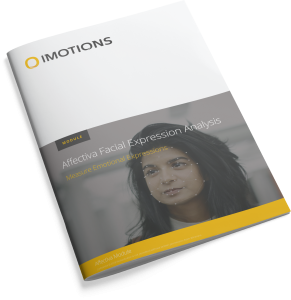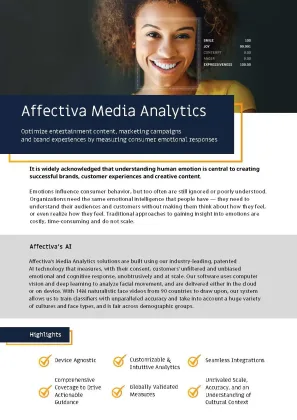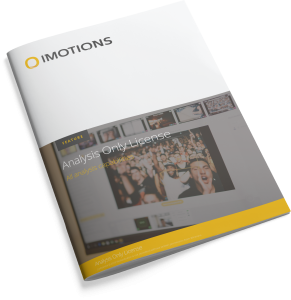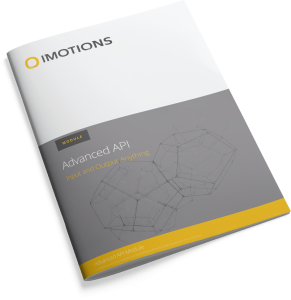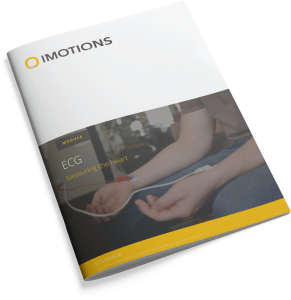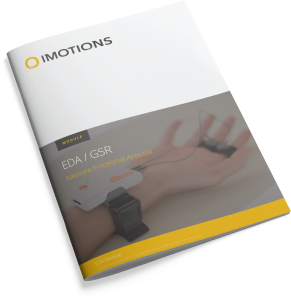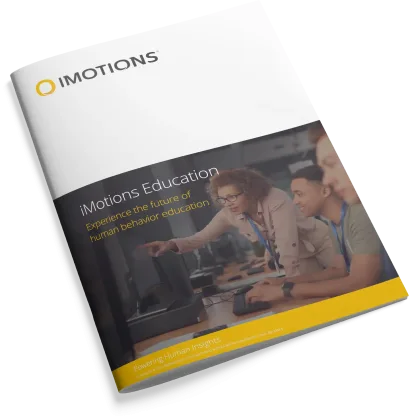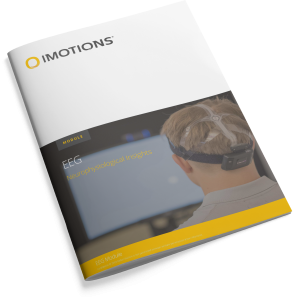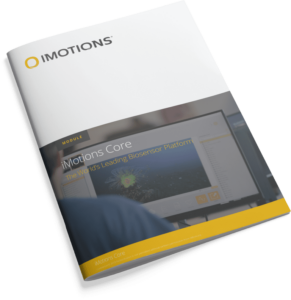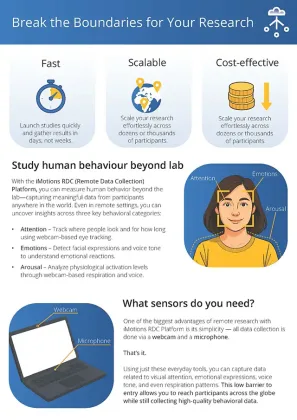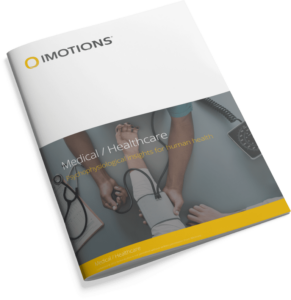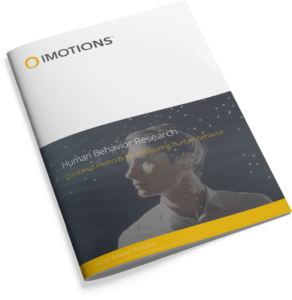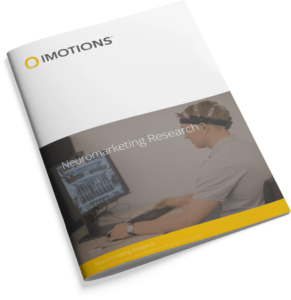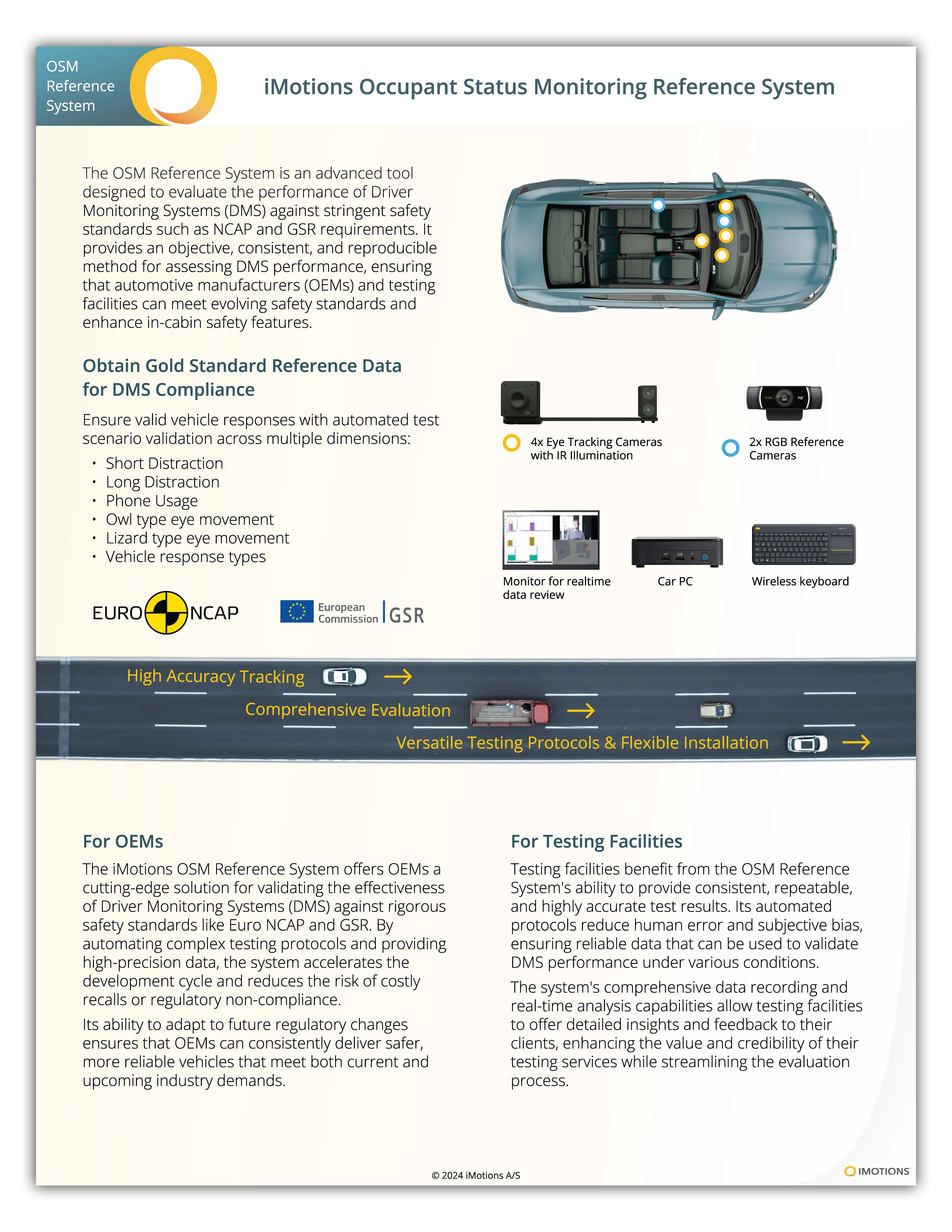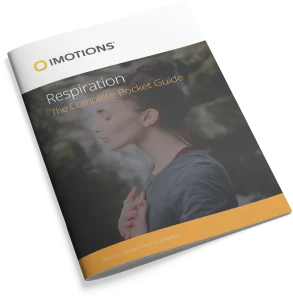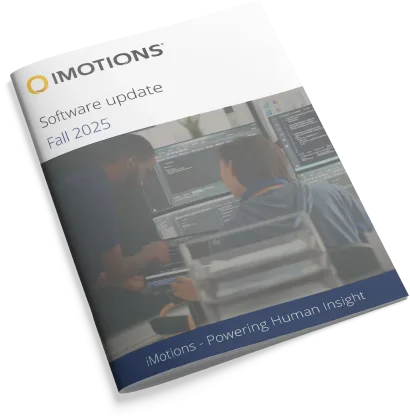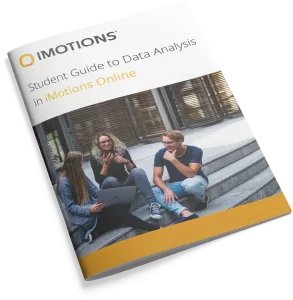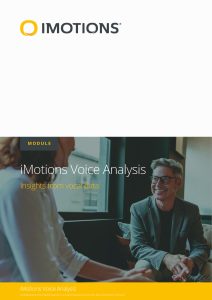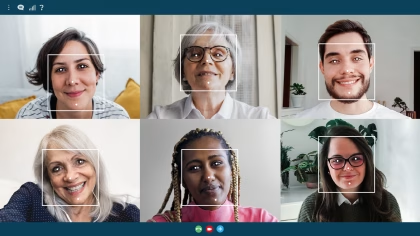Abstract: In social situations facial expressions are often strategically employed. Despite the many research on motor control of limb movements, little is known about the control over facial expressions. Using a response-priming task, we investigated motor control over three facial expressions, smiles, disgust and emotionally neutral jaw drops. Prime stimuli consisted of videos of a facial expression to be prepared or – as a neutral prime – an abstract symbol superimposed to a scrambled face. In valid trials an equal symbol (=) indicated to produce the primed expression. In invalid trials, an unequal symbol (‡) prompted participants to produce an alternative, unprimed expression. We examined the impact of emotion in preparing and revoking a prepared expression, and possible facilitation for dynamic facial expressions relative to symbolic primes. Participants’ facial responses were scored using automated analyses of facial expressions with computer software. The underlying neurocognitive processes were tracked with event-related-potentials. Reprogramming costs, in the form of longer reaction times (RTs) in trials where participants had prepared an invalidly primed expression and had to quickly switch to the correct one, were more pronounced for smiles and jaw drops than for disgust, possibly indicating the need for being fast when showing disgust. Data from the P3 component related the behavioral effect to a more efficient updating of the correct response in brain systems responsible for motor control. Priming participants with dynamic facial expressions as examples for imitation, improved performance accuracy as compared to the symbolic abstract stimuli, but it not did affect RTs. Priming with dynamic videos also resulted in larger validity effects of the P3 component when disgust was the target response, indicating that the perceptual system might trigger automatic emotional responses, at least for negative affect.



